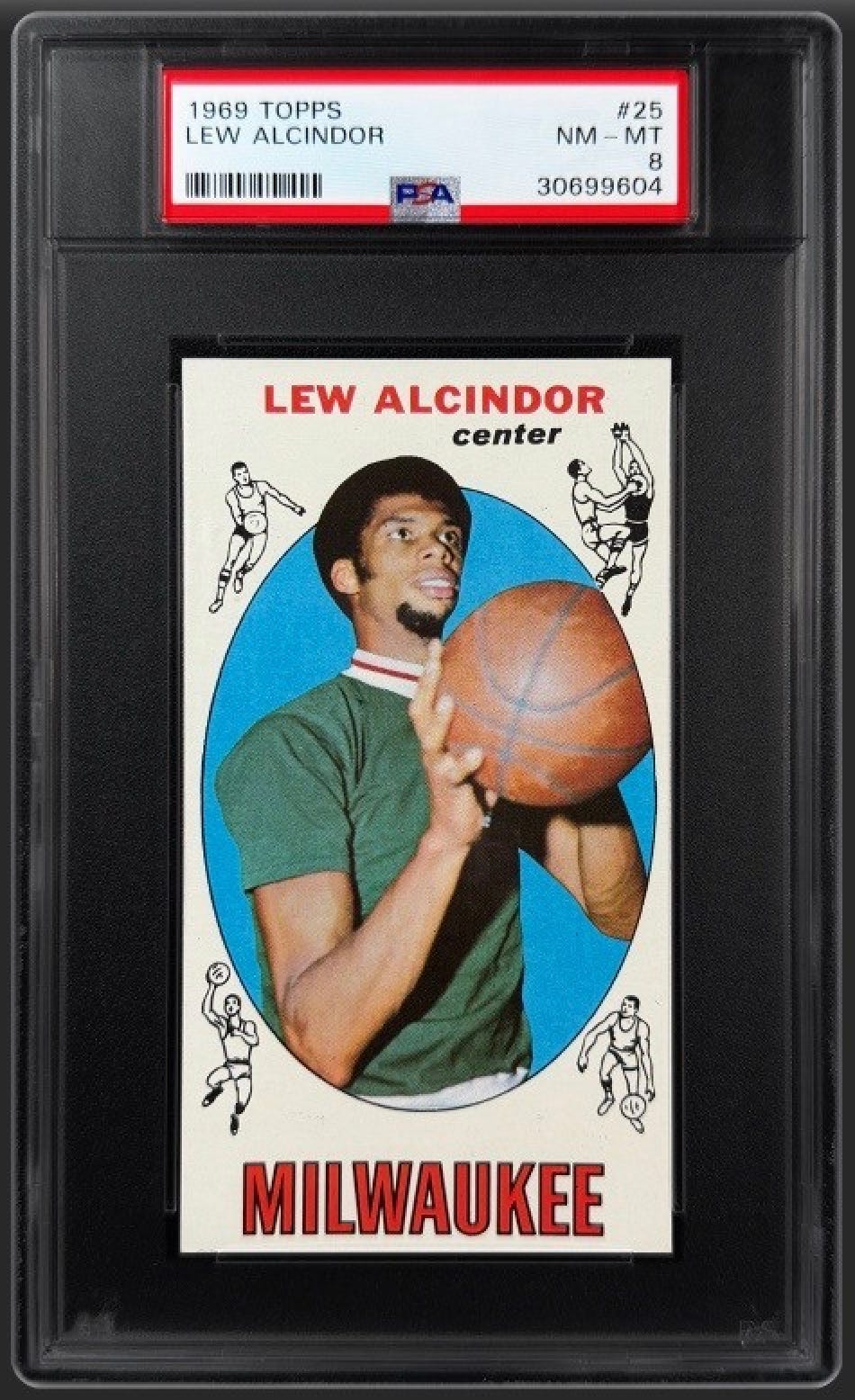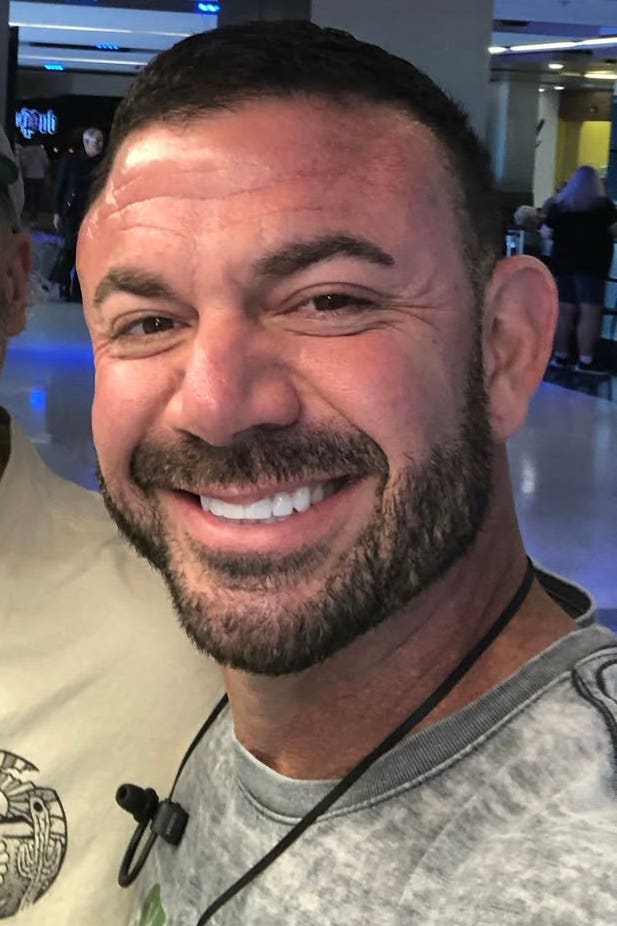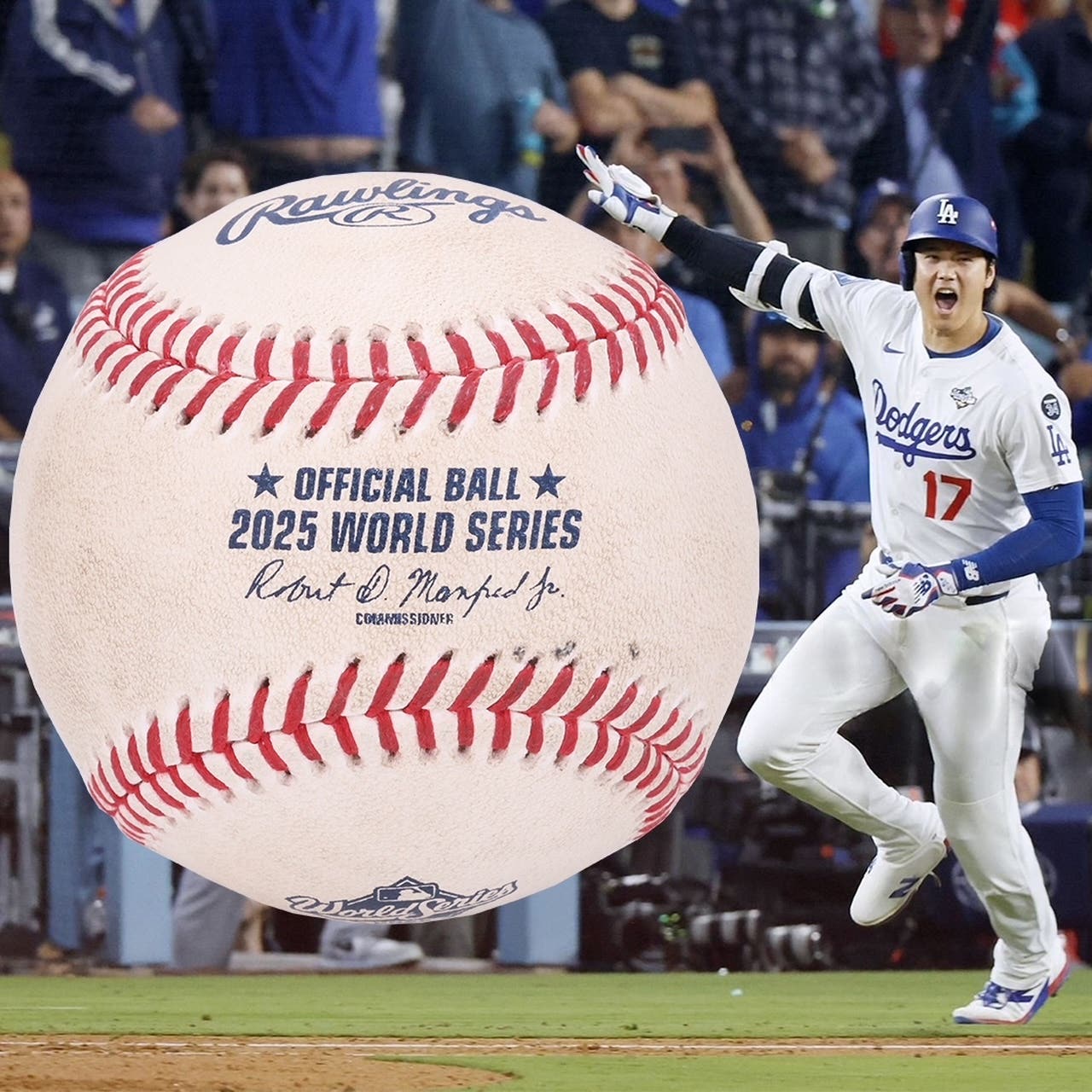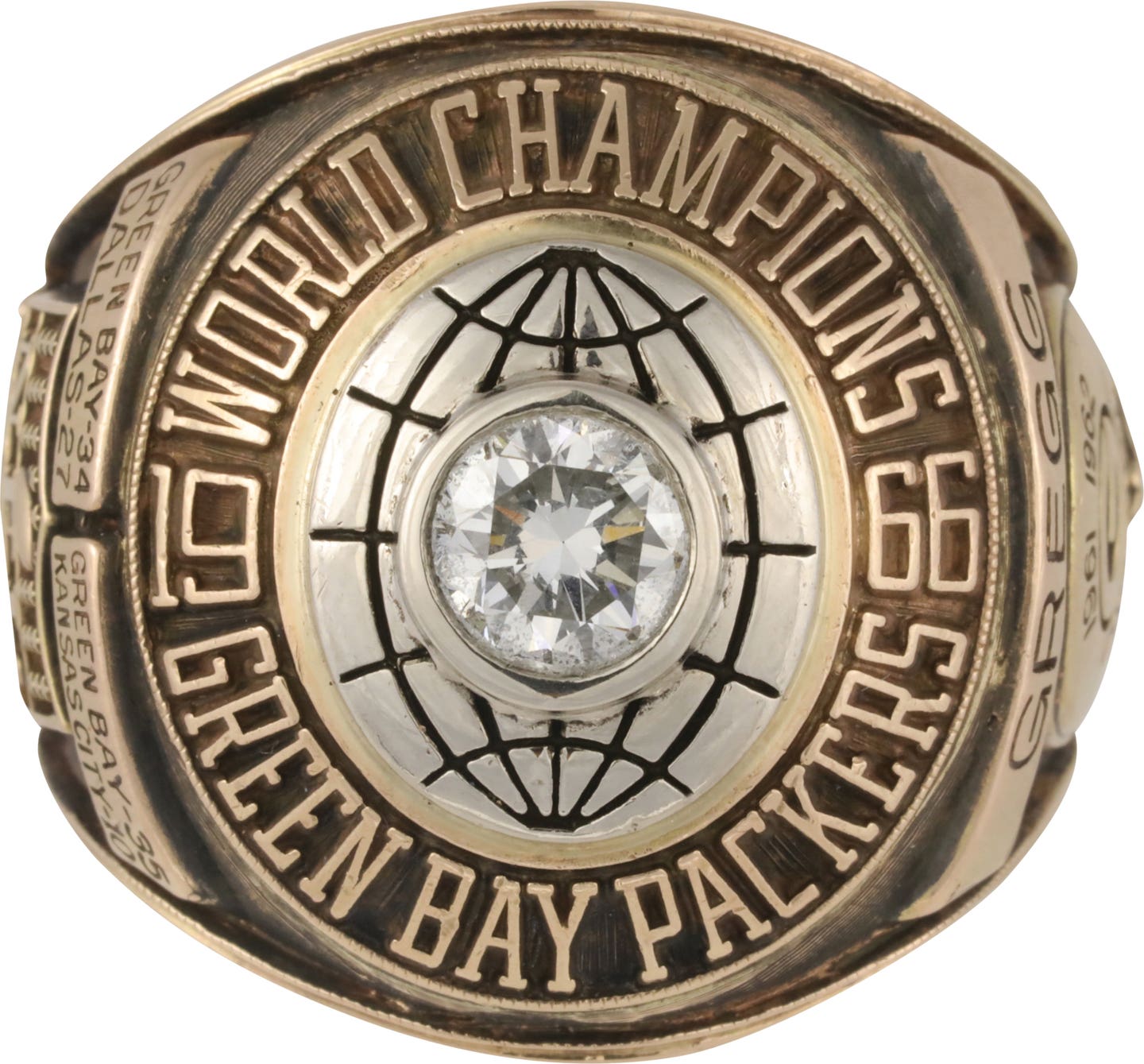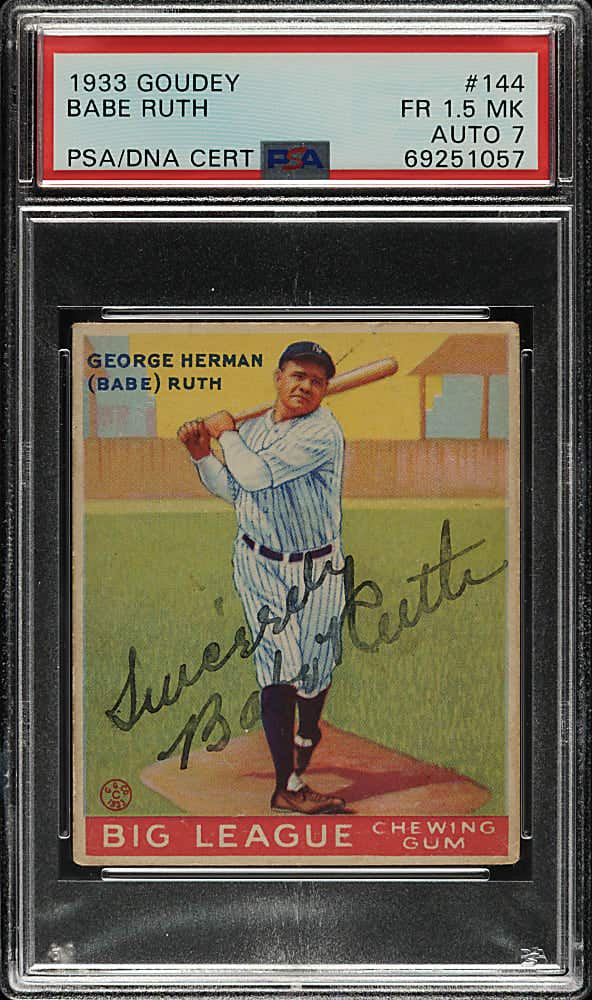Collecting 101
SCD Classic: In a 1999 interview with Aaron, Bonds
Henry Aaron seemingly is getting yet another moment in the spotlight this year with all the hoopla over the all-time home run record and the near-certainty that Barry Bonds is going to grab that record sometime this summer.
Ironically, just as it was a bittersweet moment 33 years ago when Aaron hit No. 715 and broke Babe Ruth's record, the approaching moment with Mr. Bonds figures to be potentially awkward at best and maybe even more difficult than that.
If you want a stunning indication of how sudden Bonds' power surge was, his name never came up in the 1999 interview with Aaron. At the time, Ken Griffey Jr. was the guy everybody thought would eventually challenge Aaron's record.
I have long since reconciled with the idea that the record is gone, and I don't even bother about grumbling about steroids, etc. My principal concern now that the moment comes and goes with as little damage to MLB's image as possible. Like the tsunami of blather about aspiring presidential candidates that we will be faced with for the next 18 months, the chatter about steroids that will come with every mention of the impending historic moment is going to get old. Really old.
Anyway, I cast my lot with Henry Aaron about 50 years ago when the notion of ever getting to meet him seemed like as big a fantasy as the one I harbored about Kim Novak. As it turns out, I had a much better chance of meeting and talking to Aaron than I did of, uh, meeting and talking to Ms. Novak. I met him a couple of years after he retired, and then would run into him from time to time on the show circuit over the years.
And then I got to interview him again, in late October of 1999, courtesy of the Topps Co., which had Aaron under contract as the featured reprint in 2000 Topps Baseball. He was extremely gracious, and as generous with his time as he could be, since it was during the playoffs and he was very busy. I didn't get to talk to him as long as I did in 1978, when he was touring the country on behalf of Magnavox, which was his major national endorsement after retiring with the most important career record in baseball at the top of his resume.
At that time, it was a press conference that lasted nearly an hour, which was probably largely my fault, since I came armed with 20 years-worth of questions. Then the questions were more of the conventional variety, the kind of stuff he must have answered over and over thousands of times. This time, the topic was much more specific: baseball cards.
And not surprisingly, the answers proved to be more fun, if for no other reason than there was probably a good deal more freshness to the queries than he usually encountered. After 40 years or so of explaining that Curt Simmons was the toughest pitcher that you ever faced, you'd get a little tired of the process, too.
Thus, it turned out to be a nice change for The Hammer to try to recall his dealings with Topps over the years, and more specifically, to comment on some of his baseball cards. Like deciding which was his favorite Henry Aaron card. "I don't exactly know why, but I liked my second-year Topps card (1955) the best," said Aaron. "The card meant an awful lot to me."
Now that, my friend, is refreshing. I guess when you have one card per year that kind of sentiment is possible. Do you think the young fella chasing Aaron's all-time home run record would offer that kind of comment about one of his pasteboards? It's probably a little tougher when you have thousands from which to pick.
Aaron also spoke fondly of his relationship with another legendary figure, Sy Berger of Topps. "Sy and I were always close, but maybe not as close as he and Willie, because Willie was in New York and was close to the guys at Topps," Aaron continued.
"When I went to New York and I would see Sy, I would always say, 'Where's the money?' " Aaron laughed. Apparently not quite as catchy as "Show me the money," but clearly effective in its time.
"Sy would either say, 'I've got money for you or not,' and whenever the players would see him, they would get $125 or whatever they paid you."
Actually, it could be more complicated than that, since players could get their remuneration from Topps in another fashion.
"I think at some point I also got some of the lovely gifts (I swear, he really said that ... I am not making this up) that Topps offered in their catalog. But at the time, cash looked good to me, especially when you were making the kind of money that we were making back in those days."
There was not a trace of bitterness in his voice when he recalled that, merely an acknowledgement that it was a decidedly different era in terms of how baseball players, even the very best on the planet, were paid.
The most fun came when I asked King Henry about a couple of his most famous cards. Back in 1957, we were befuddled to find the 23-year-old Aaron batting left-handed on his Topps card from that classic set, and I can't remember if I figured out at the time that it was because the negative had been reversed, but I really doubt it. Gimme a break, I was seven years old.
But by the time I got into the organized hobby in the late 1970s, every serious collector knew the story behind that card. Henry, doesn't fall into the category of "serious collector."
It seems that for years he had thought that he was responsible for the southpaw version 1957 Aaron. "I remember one time posing left-handed, just kidding around," Aaron told me when I asked him about the card. Given that the Braves of the 1950s had a number of world-class practical jokers, most notably pitching aces Warren Spahn and Lew Burdette (who pretended to be a lefty on his 1959 Topps card), such shenanigans must have been fairly commonplace, but I really enjoyed letting my all-time favorite player off the hook on this one.
"I remember what you are talking about, but I always thought that was my own doing. Well, I'll be darned. I didn't know that. I always took the blame for that, and now I am going to have to start blaming Topps," said Aaron with a laugh.
He also was unaware about the story behind his 1956 Topps card, which pictures what is likely the most famous Aaron portrait ever (used in his first three Topps cards, from 1954-56) and a player in the background sliding into home. But the player in the background isn't Aaron: it's Willie Mays.
The photo is actually a pretty famous one from the mid-1950s: it was used by Dell Publishing on the cover of its 1955 Who's Who in Baseball magazine. "I kind of remember that, but you see so many cards over the years. I always thought that face was not me," said Aaron.
He can be forgiven for not being acutely aware of such things as baseball cards at the time, since the card themselves were hardly a big deal in the 1950s (except to youngsters), and the royalties for the players, while helpful, were a mere pittance compared to what modern players receive.
In a related vein, players didn't think much about the value of memorabilia either, and Aaron was no exception. "I didn't save anything from when I played, and anything that I ever won is in Cooperstown," Aaron said. "Players back then didn't save anything. I've tried to save things like cards for my grandchildren and have put them away in a vault, but I don't even know what I've got in the vault."
Aaron is still amazed by the diversity of material that collectors turn up. "I'm flabbergasted at all of the things that people save," added Aaron. He recalled that while he was chasing Ruth's record, he was asked to autograph "two or three hundred" balls with Ruth's signature on them; after he broke the record he started seeing a lot of baseballs with Sadaharu Oh's signature on them.
Speaking of home run records, the man who tried in vain to get back his 755th home run ball (so that he could send it to Cooperstown) is startled at the prices accorded some of the more recent record-setting horsehides. Like a reported $3 million for Mark McGwire's No. 70 from 1998.
"It's ridiculous, outrageous and crazy. You just can't picture something going for that amount. It's a baseball. Even if I had all the money in the world, I wouldn't pay that much for anybody's signature."
His comments seem especially noteworthy in 2007 as collectors ponder what home run ball No. 756 might sell for.
He also ventured an opinion about the home run surge that had come into focus the year before with the incredible 1998 home run battle between Sammy Sosa and Mark McGwire. "I think baseball has drifted down to the haves and have-nots and you have pitchers on one staff that are good, and you might not see good pitching for another few days," said Aaron in response to a question about the MLBpower surge. "The game is kind of watered down a little bit. Some players are capable of hitting homers year-in and year-out, but you've also got some players who will hit 10 home runs one year and 40 the next. You've got to start thinking, 'Is it for real, or what?' "
When I asked Aaron about Griffey chances of topping 755, he didn't hesitate. "I think he has a very good chance to do it if he stays healthy and focused," said Aaron. "He has a good chance to do a lot of great things in this game, and I've always said that records are made to be broken. I've held (the record) long enough, so it doesn't bother me one bit."
Professional ballplayers tend to say all the right things when asked about the possibility of some of their most treasured records being broken, so the tendency is to take their answers with a grain of salt, but...
While I won't insult your intelligence by asserting that I am completely impartial when it comes to Henry Aaron, I am absolutely convinced he was sincere in what he said about the possibility of the record falling. In the years since, as Griffey's injuries sidelined him from literally hundreds of games and Bonds emerged as the likely heir to the home run throne, Aaron has offered up similar sentiments when the question comes up, despite the newest challenger being saddled with all that baggage about steroids.
However difficult the coming months prove to be for Bonds - and a generally hostile press and a significant portion of baseball's fandom make that inevitable - Bonds' challenge to Aaron will be a walk in the park compared to what Henry put up with more than 30 years ago.
If ballplayers were permitted to cling to some of their most-treasured records in direct ratio to how much grief and aggravation they had to endure to acquire same, I reckon Aaron would reign as home run champ well through this millennium.
- Portions of this interview originally
appeared in the Dec. 3, 1999, SCD




